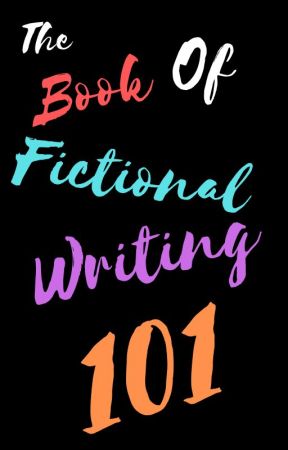Allusion: A reference to another work.
Analogy: A comparison between two similar things in order to help one understand each other.
Allegory: A work in which the characters, plot, and setting represent a spiritual or political meaning; Ie. Animal Farm.
Anachronism: When something is referenced or occurs in a time it shouldn't be in, I.e. lightbulb appearing before the 1870s.
Anaphora: Repetition of a single word at the beginning of phrases; see Dr. King. Jr. speech for an example of how this is used.
Anastrophe: Yoda speaks like this he does
Alliteration: Repeating a letter or sound at the beginning of closely connected words.
Diction: The choice of and use of words in a sentence or phrase
Aphorism: An observation containing a profound truth, i.e. the child is father to the man.
Chiasmus: The repetition of two phrases or clause place directly after each other for emphasis; "You never really understand a person until you consider things from his point of view – until you climb into his skin and walk around in it." Harper Lee, To Kill a Mockingbird
Colloquialism: The use of casual and informal language in writing.
Euphemism: A synonym used in place of another word that is to awkward to address directly, I.e. "entered eternal rest" rather than "died".
Hyperbole: An exaggerated statement
Juxtaposition: A comparison between two differing subjects to highlight their contrasting features.
Isocolon: Two or more phrases with similar diction used immediately after each other I.e. "Vedi, Veni, Vici".
Synecdoche: A part of speech that represents a whole, I.e. "I got a new set of wheels" for "I got a new car".
Polysyndeton: When conjunctions are used in quick succession, often to convey a sense of panic or urgency.
Metonymy: A single object that serves as an synonym or represents part of a whole; remember that a synecdoche takes a feature of an object and uses it to represent a whole, while a metonymy takes a similar object and in uses it to replace a concept or object entirely.
Satire: The use of humor, sarcasm or irony to expose faults in something, often human nature.
Extended metaphor: Using an object as a representation for something else, tends to be used for non-corporeal things or ideas, most notably in short stories and poetry.
Simile: A metaphor using the terms 'like' or 'as'.
Metaphor: Referring to a idea, object, or concept by using another idea or concept: The balloon was a cloud, trailing through the sky.
Enjambment: When one line of a poem runs on into the next without use of punctuation, I.e.
"The only other sounds a sweep
Of easy wind and downy flake" (Robert Frost, Walking Through the Woods on a Snowy Evening)
Blank verse: Unrhymed Iambic pentameter
Free Verse: A style of writing that has neither meter or regular rhyme
Caesura: A pause occurring somewhere in a line of poetry

YOU ARE READING
The Book of Fictional Writing 101
غير روائيA handy lexicon of terms used in and applied to literary fiction and what they actually mean, as well as some ideas on how to improve your writing.
